
When Multinationals Think Chip Design, They Look to Israel
From Apple to Amazon, Intel, IBM, Broadcom and Qualcomm, multinationals come to Israel to expand their chip-design abilities
In 2011, Apple set foot in the Israeli tech scene for the first time, hiring its first employee in the country. Seven years later, Apple has around 1,000 employees here, and Israel has taken a central part in the company’s plans to bring home the design of the chips powering its devices.
Since acquiring Israel-based chip-designer Annapurna Labs in 2015, Amazon has forayed more extensively into the domain and is now planning to design AI chips according to a February The Information report. By setting up operations in Israel, the two companies have joined multinationals like Intel, IBM, Broadcom and Qualcomm that have been operating here for decades, benefitting from the experience gained by local engineers. Following are six of CTech’s most popular chip-related stories.Silicon is “unforgiving,” says Apple’s chip chief. In recent years, Apple has been getting more ambitious when it comes to in-house chip design. Leading this push is Johny Srouji, Apple’s senior vice president of hardware technologies. In an exclusive interview with Calcalist in November, Mr. Srouji discussed Apple’s way of balancing between in-house development and partnerships with vendors, and the advantage it has over chip companies. Read more
Economic growth is doomed in a post-Moore’s Law world, says grandmaster of chipmaking Dov Frohman. All signs indicate that the pace of chip miniaturization is slowing, and Dov Frohman, a towering veteran of the semiconductor industry who worked alongside Gordon Moore, Robert Noyce, and Andy Grove, believes the implications are dire. “The leveling off of Moore’s Law will lead to a significant slowdown in economic growth, in addition to climate change, depletion of energy resources, population growth, widening gaps between the rich and the poor, increase in global debt, environmental problems and a fast pace of change,” Mr. Frohman said in an interview with Calcalist. Referring to Israel’s economy, the Intel veteran predicts that with the slowdown in semiconductor development, the “Startup Nation” bubble will burst. Read more
‘Meltdown,’ ‘Spectre,’ may change the way chips are designed. Researchers who were part of the team that found the security flaws, believe chip design will now be forever changed. Read more
Chipmaker Intel plans another expansion of its chip manufacturing in Israel with $5 billion investment. Intel is planning to purchase new machines for its 10-nanometer production lines, build new clean rooms, and hire hundreds of new employees for one of its Israeli chip fabrication plants in Israel. The new expansion comes on the heels of a previous $6 billion production expansion project at the same facility. Read more
Intel’s Israeli exports up 9% in 2017. The chipmaker’s exports from Israel totaled $3.6 billion in 2017, up from $3.3 billion in 2016, according to an annual report. “2017 was an exceptional year, in which Intel bought Mobileye, turning Israel into Intel’s global center for autonomous cars,” said Yaniv Garty, CEO of Intel's operations in Israel. Read more
Over twelve years, CEO turns chipmaker around. When Russell Ellwanger first became CEO of Israel-based wireless chip and camera sensors manufacturer Tower Semiconductor in 2005 the company was one step away from collapse. Today, the Nasdaq-listed company’s market valuation stands at around $3.4 billion, and it is considered a world leader in the field of analog chips. Read moreU.K.-based chip designer ARM expands its operations in Israel. In November, Calcalist reported that ARM was looking to hire 150 employees in Israel and moving to a new location in Central Israel. ARM’s operations in Israel are focused primarily on developing software pertaining to the Internet of Things, and on the activity of Israeli chip security company Sansa Security Inc., which ARM bought in 2015 for $90 million. Read more
Geneva-headquartered chipmaker STMicroelectronics launches a startup accelerator in Israel. Dubbed ST-Up, the accelerator will focus on advanced mobility and IoT, selecting 3-5 local companies to participate in its 18-month program. Read more


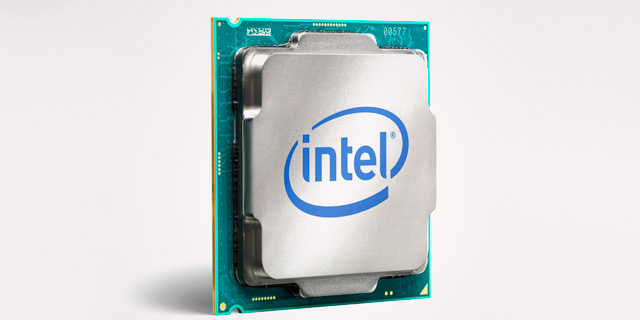
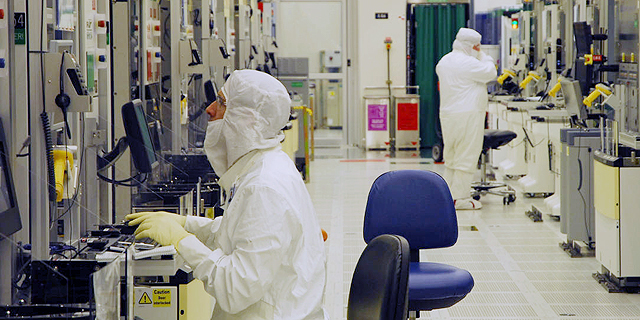
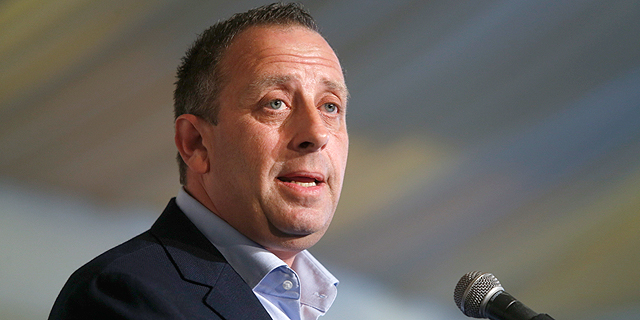
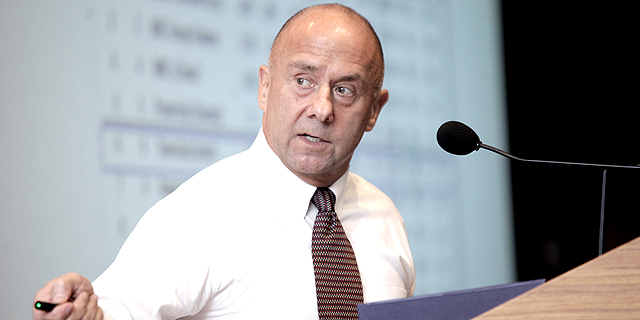
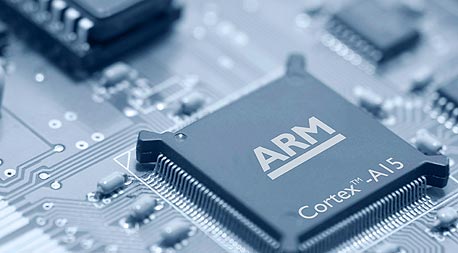

No Comments Add Comment